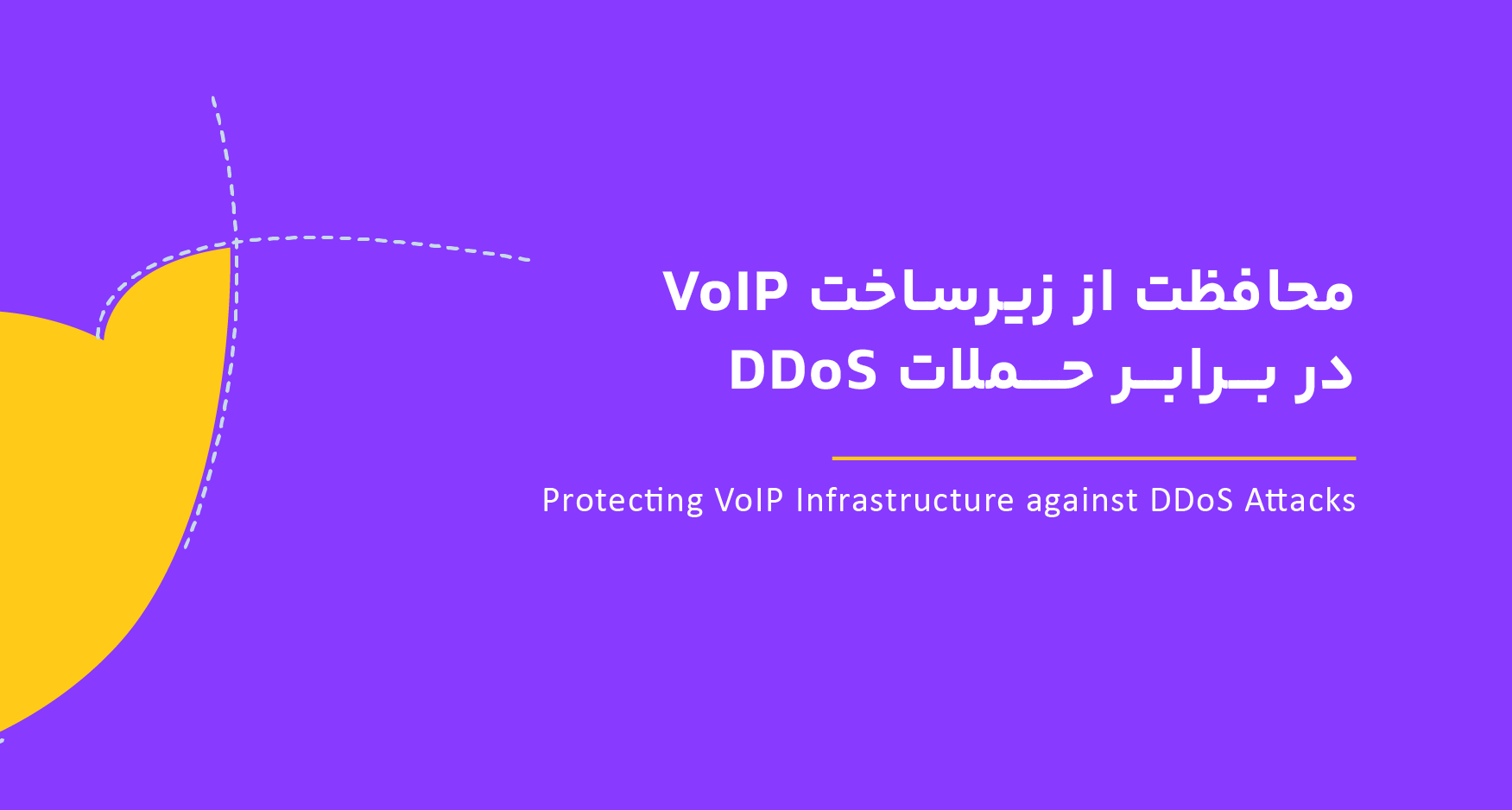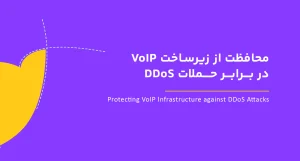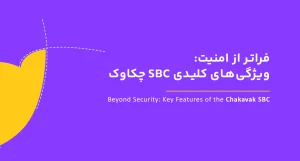Distributed Denial of Service (DDoS) attacks remain one of the most serious threats to communication infrastructures. Such attacks can disrupt the operation of critical systems, damage brand reputation, and even lead to violations of Service Level Agreements (SLAs). According to reports, over 6 million DDoS attacks were recorded in just the first half of 2022.
Statistical Analysis of DDoS Attacks in 2022
Compared to the second half of 2021, DDoS attack statistics have shown a worrying upward trend:
- 75% increase in the number of attacks
- 56% decrease in the traffic volume per attack, aimed at bypassing detection systems
- 68% of attacks were of the Volumetric type (direct traffic flooding)
- 69% of attacks lasted less than 90 minutes
Emerging Trends in DDoS Attacks
Despite the long history of such attacks, adversaries continue to develop more sophisticated methods to bypass security defenses. Some of the most significant recent developments include:
- Source address spoofing and exploitation of amplification protocols such as DNS, SNMP, and CLDAP, which generate responses much larger than the initial requests.
- Growth of DDoS-as-a-Service platforms, making it easier for attackers to launch assaults.
- Multi-layer and adaptive attacks, where the attacker targets different network layers in combination.
- Use of botnets to carry out complex application-layer attacks.
Countermeasures Against DDoS in VoIP Networks
In the face of such threats, communication service providers require comprehensive and preventive solutions. Chakavak SBC serves as a specialized security solution, offering the following capabilities:
1. Securing Communications and Encrypting Data
Migrating SIP signaling from UDP to TCP, along with using TLS for signaling and SRTP for media, plays a crucial role in reducing vulnerabilities.
Chakavak SBC with full support for these protocols, provides a secure environment for VoIP communications and prevents UDP-based attacks.
2. Detecting and Containing Suspicious Traffic
DDoS attacks often begin through open ports; therefore, monitoring port scans via Intrusion Detection Systems (IDS) is essential.
Chakavak SBC employs intelligent mechanisms to identify unauthorized traffic and instantly block suspicious connections.
3. Optimizing Security Policies
Continuous review of existing measures and adapting them to emerging threats is a key principle in network security management.
Chakavak SBC enables real-time traffic analysis, user behavior monitoring, and dynamic enhancement of defensive policies.
4. Targeted Mitigation of Layer 7 Attacks
As many traditional solutions (such as WAFs) are designed for web applications, deploying a specialized SBC for VoIP is essential.
Chakavak SBC supports features such as ACLs, IP learning, policing of signaling and media packets, enabling precise identification and control of attack traffic.
Conclusion
With the increasing sophistication of DDoS attacks, protecting VoIP networks is no longer merely a technical choice, but a strategic necessity for ensuring service stability and security. Chakavak SBC, with its advanced capabilities in encryption, access control, traffic analysis, and multi-layer threat mitigation, is a reliable choice for safeguarding VoIP environments against security risks.
If you are seeking a comprehensive, locally developed solution to protect your VoIP infrastructure against DDoS attacks, Chakavak SBC offers an effective answer to your security needs.







